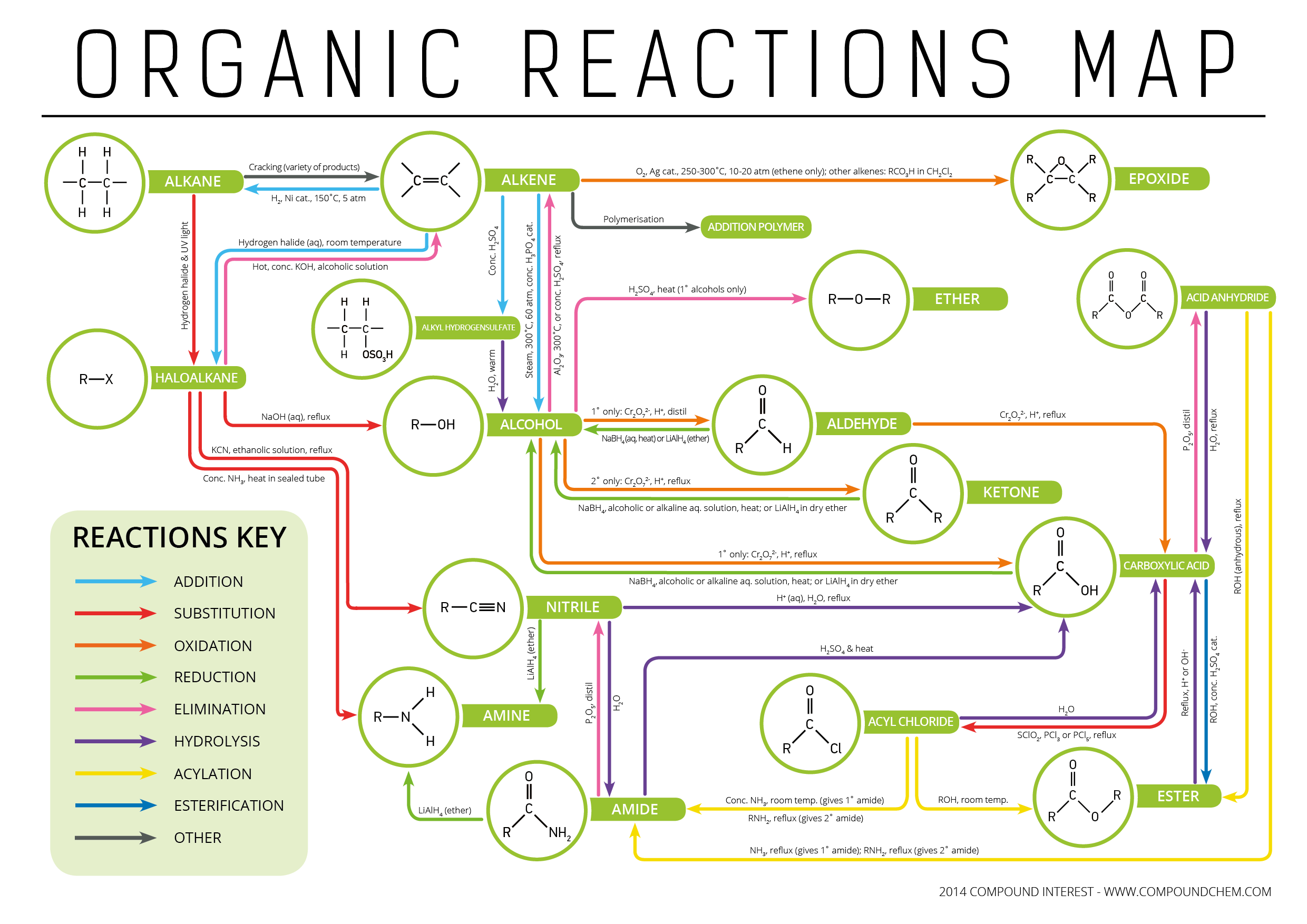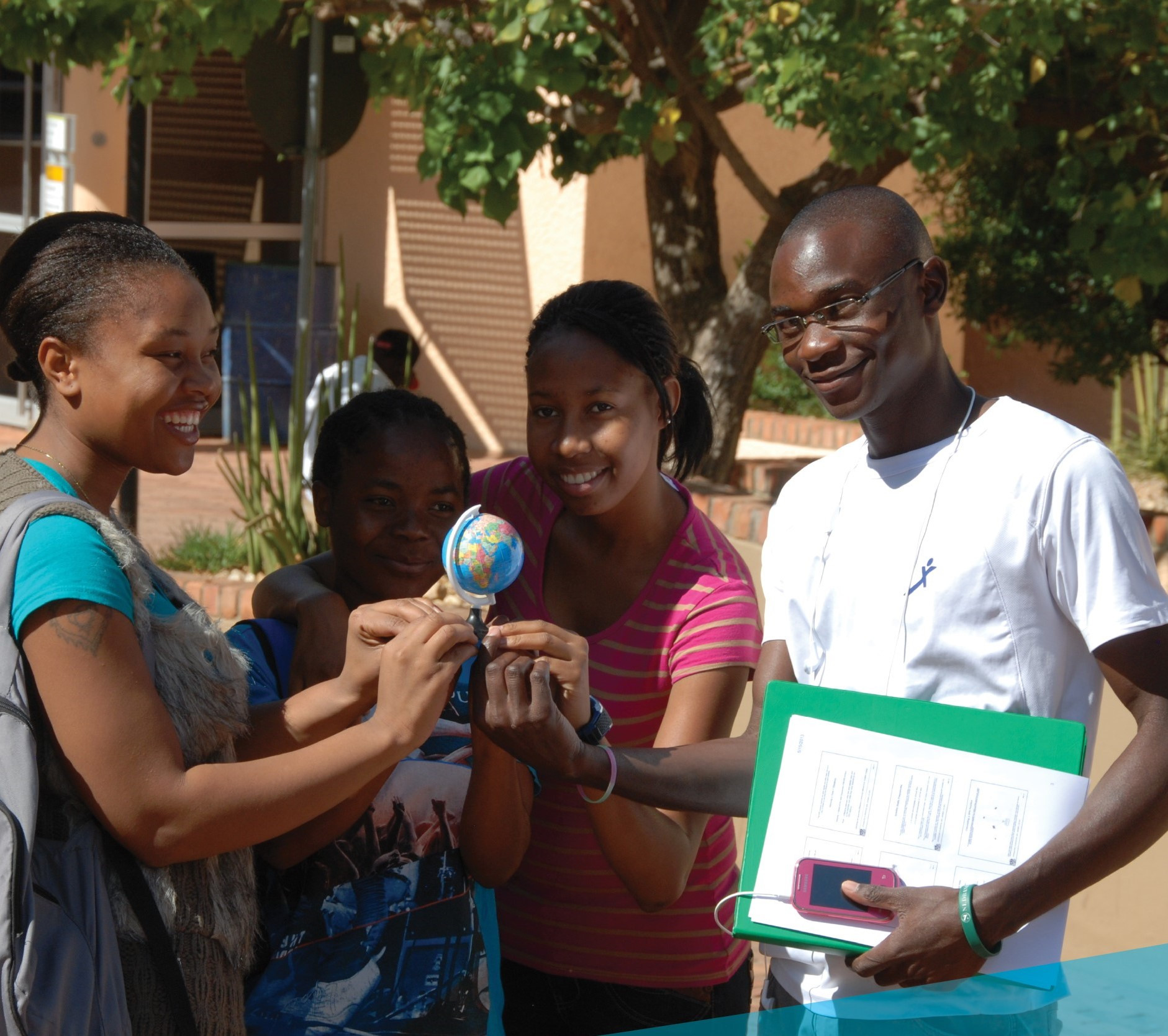International Economics is sub-divided into two major areas, namely, International trade and International Finance, sometimes called international monetary economics. This course focus on International Finance. In the study of International Finance we address the issues such as: What is meant by a country balance of payments? How are exchange rates determined? Why does financial capital flow rapidly and sizably across international frontier? What role do international financial institutions play in the global economy?
- Lecturer: Henrietha Beukes
- Lecturer: Linda Kambonde
- Lecturer: Kasnath Jazuvirua Kavezeri







